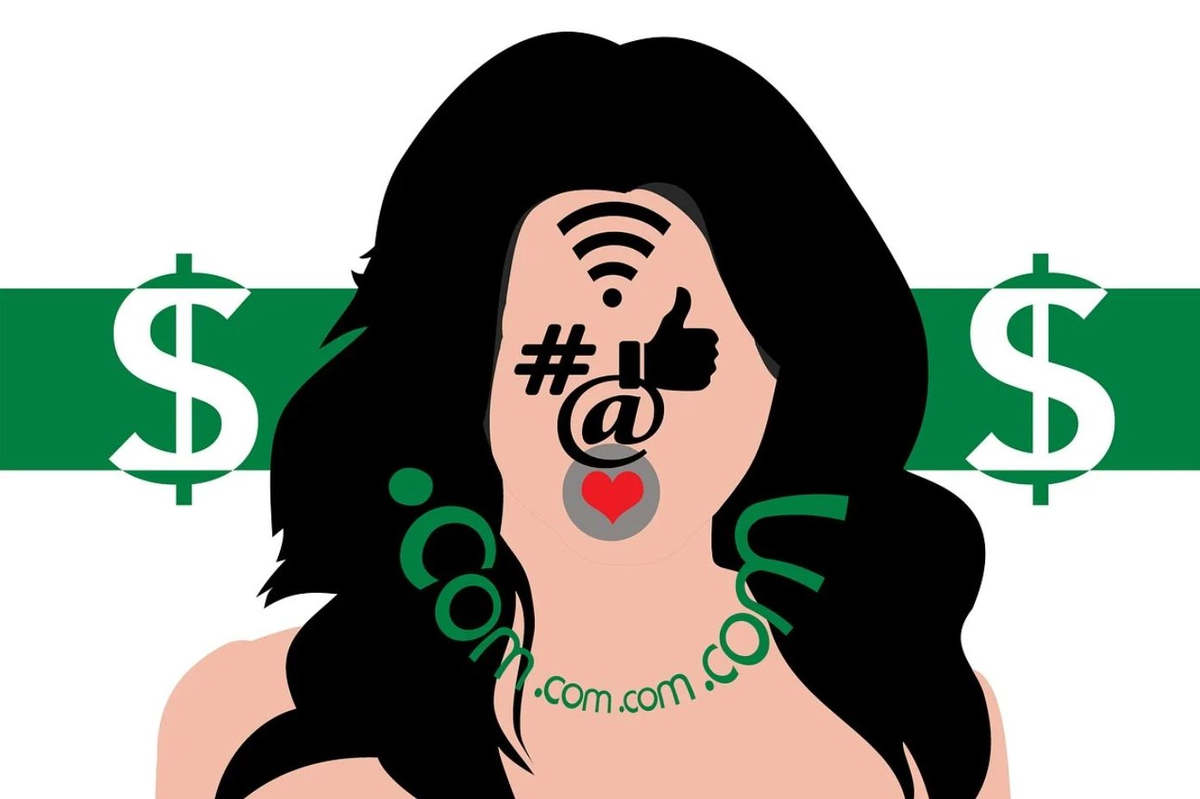They live in Barcelona, Berlin or Paris. Every day, influencers broadcast moments of their daily life on social networks with the aim of increasing their number of “followers”. Thousands, even millions of followers who are potential consumers.
A clientele within a click’s reach for brands, which do not hesitate to turn influencers into “digital showcases”. But if influencers are mostly paid or receive gifts for this activity, they don’t always inform consumers, which is not legal. What are the obligations of influencers towards their subscribers? What is their responsibility in case of purchase of a defective product? The European Consumer Centre (ECC) France details the rules in Europe on influencer marketing.
Influencers: what are their obligations towards their “followers”?
Very present on social networks, influencers who test, praise and promote products of all kinds have a mission: to encourage their followers to buy them. And it works! From lipstick to teeth whitener, from slimming products to clothes, many consumers click on the link of the brand they promote to buy the product presented.
If some influencers play the game of transparency by clearly mentioning in their video, text, photos… the commercial partnership that binds them to the brand or company that pays them for this promotion (#partnership, #brand, #sponsored), it is not the case for all.
However, this obligation of information and transparency towards their followers, resulting from two European directives, applies in all countries of the European Union.
In December 2020, the European Commission proposed two texts (“Digital Markets Act” and “Digital Services Act”) which, among other things, would oblige hosts, online social media platforms, to monitor publications, to delete them if necessary, and even to suspend the accounts of content creators. Without quoting them directly, these texts aim to make influencers even more responsible and to better control influence marketing.
Can the influencer be responsible for a problem on the order?
Being transparent about your partnership with a brand or company is not enough to avoid unpleasant surprises for your subscribers/consumers.
Sometimes “celebrities” promote a product/service that doesn’t work or is sold on a fraudulent site. Can the influencer then be responsible for the sale? No, according to Coline Port, legal expert at CEC France: “When an influencer publishes sponsored content, he does not force his subscribers to buy the product or service. He is only the intermediary, not the seller. There is however an exception to this rule: the influencer who creates his own company and promotes his products and services. In this case, it is better to contact the customer service of this company rather than the influencer on social networks.
If the European legislation allows to sue an influencer for unfair or misleading commercial practices, the easiest way to avoid such inconveniences is to always check the seriousness of the website to which the influencer refers before placing an order.
From consumer to ambassador, beware of scams
Going from simple consumer to brand ambassador can be tempting. But not without danger. Here is the example of a consumer who contacted CEC France in March 2020: “I received an e-mail with a proposal from a company to become one of their ambassadors. I had to publish some promotional posts on social networks and, in exchange, I received a code to order products for free. All I had to pay was the shipping cost. After using it and ordering a few items, I didn’t get any response from them or even receive my order.”
This person was tricked and by agreeing to become an ambassador, she also lost the benefit of certain provisions of consumer law. No more right of withdrawal in case of order, but also no more legal guarantee in case of defect on the product. It is therefore always necessary to check, once again, the reliability of the website.

